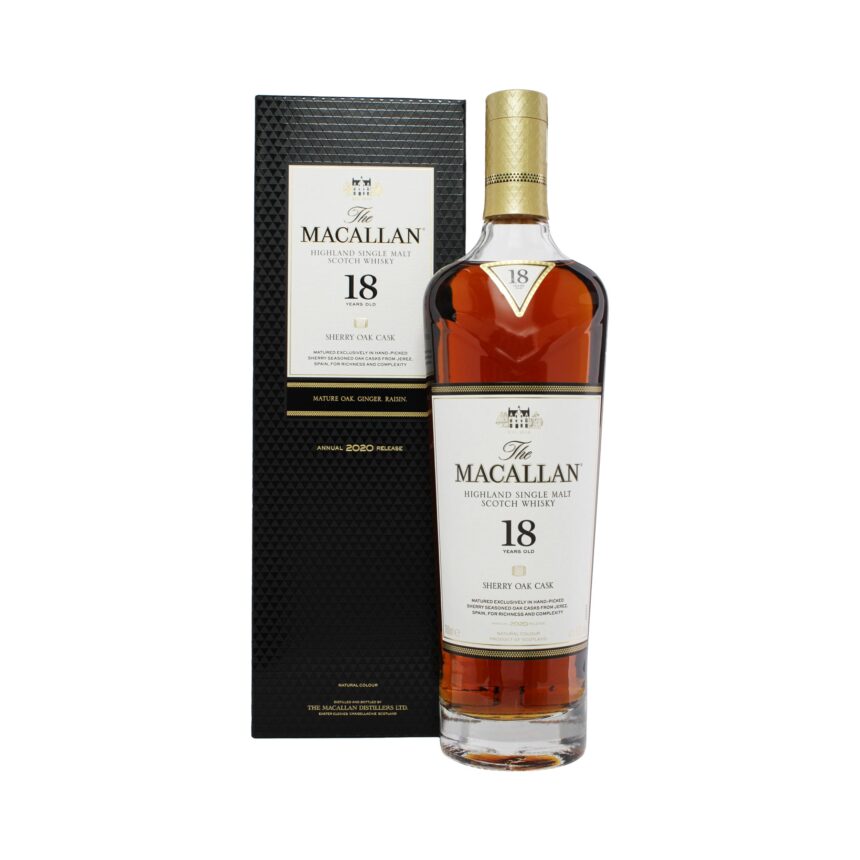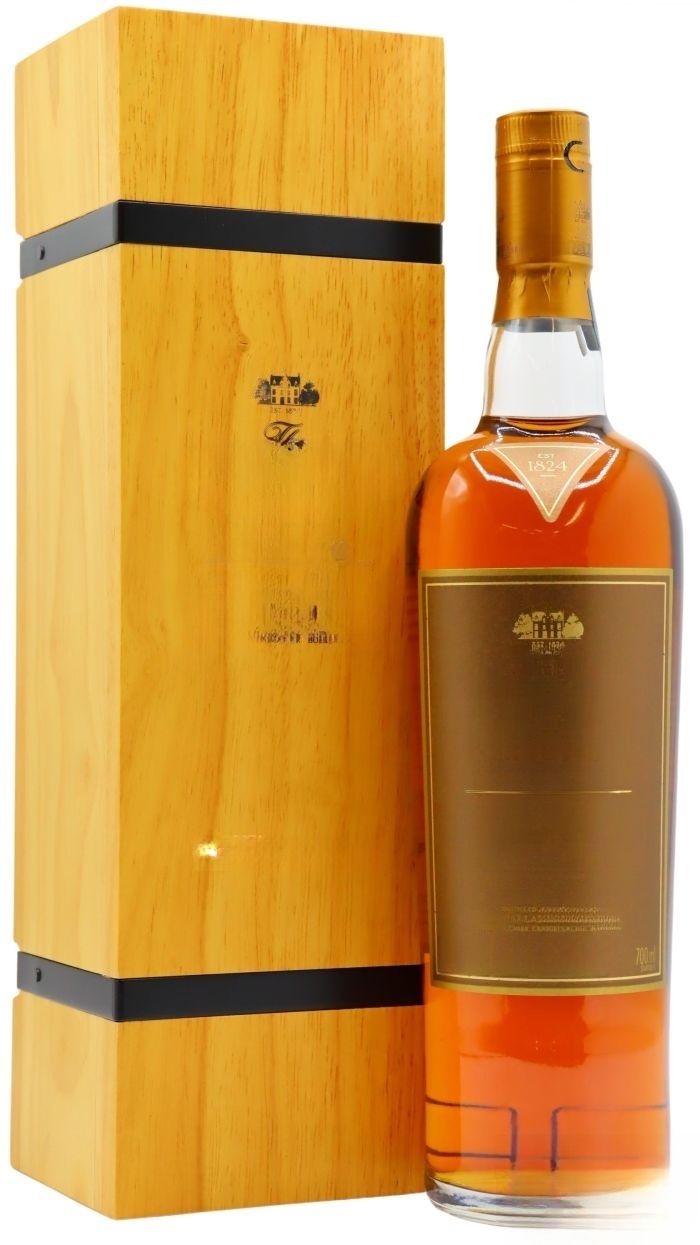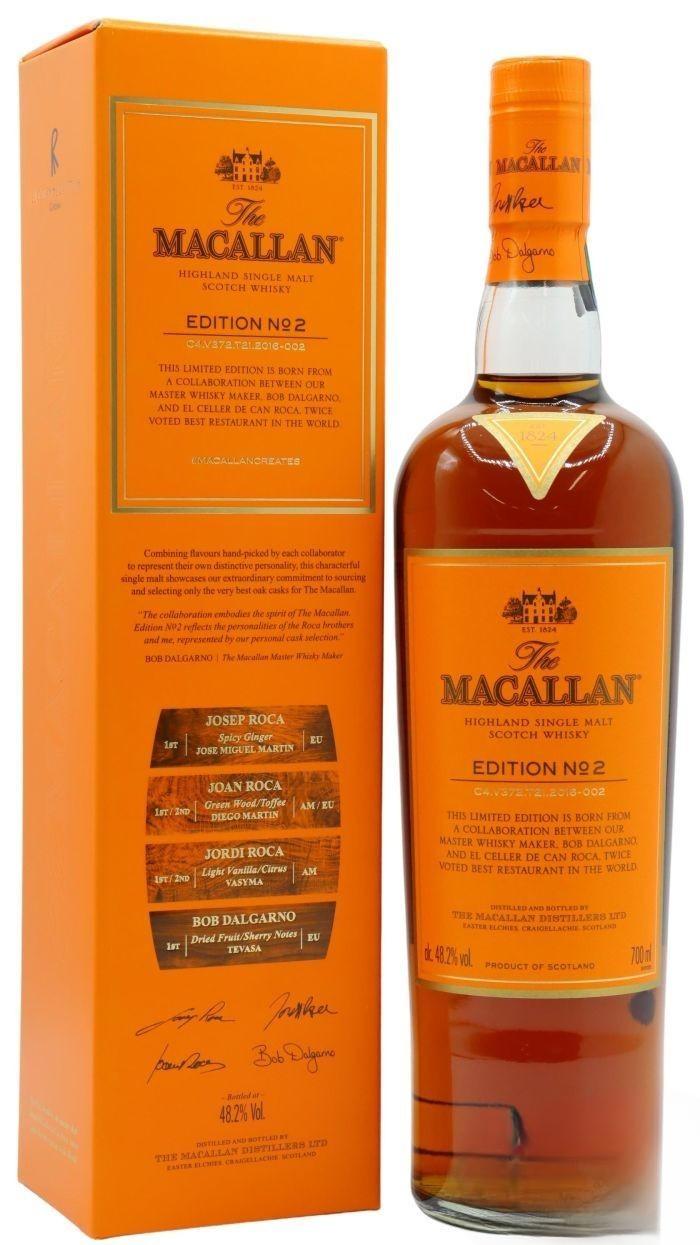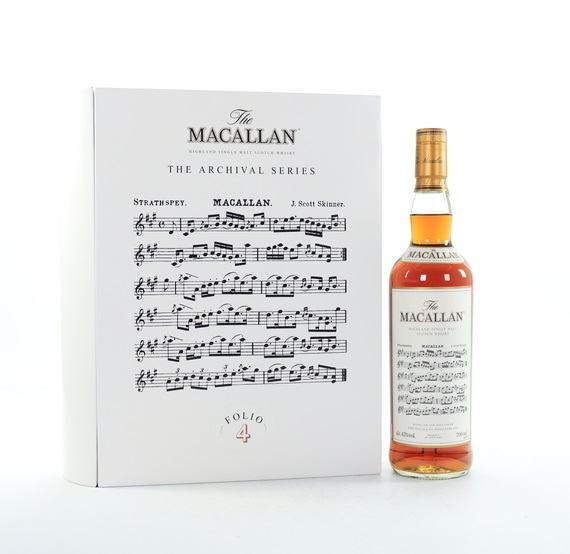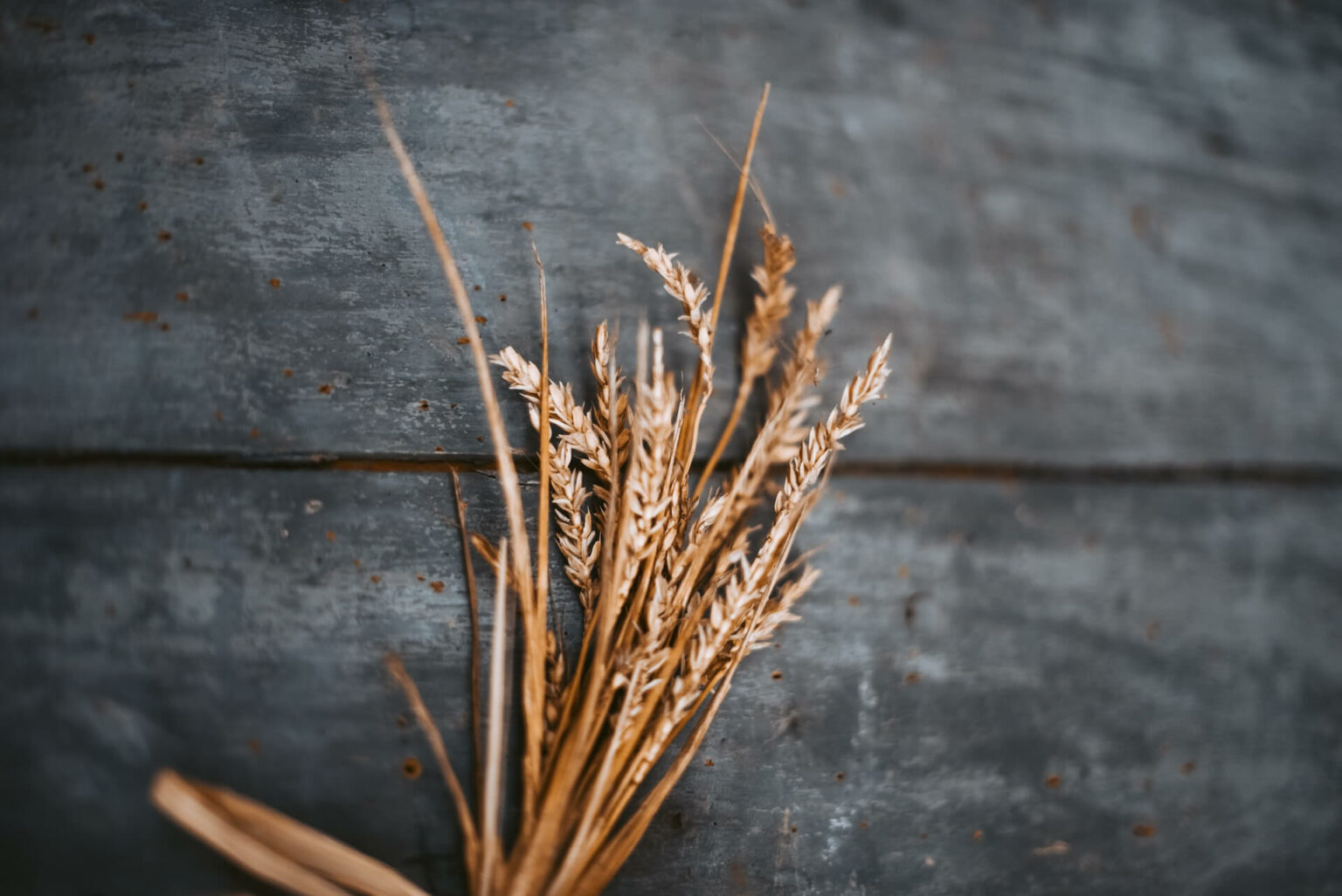Once an unheralded component of blends, grain whisky has started to gain a following in its own right.
Despite their ubiquitous nature in the industry, and the less expensive means of production, distillers have historically overlooked the commerciality of grain whiskies, instead choosing to limit their releases to ‘rare’ or unusual bottlings.
Thanks to some notable names (like Compass Box and Nikka) capitalising on its light and approachable profile, there’s now a range of fantastic grain whiskies hitting the shelves that are definitely worth your time.
Let us tell you everything you need to know about grain whisky, from how it’s made to which ones you should try!
What is grain whisky?
So how exactly does grain whisky differ from malt whisky? Well, it all comes down to the type of grain used.
In order to legally be called a ‘malt whisky’, the spirit has to be made from 100% malted barley. Conversely, grain whisky can be made with any grain!
These could include:
- Wheat
- Corn
- Maize
- Rye
- …even rice!
Grain whisky will still include some level of malted barley, as this is needed for starch, but bottlings will predominantly be comprised of cereal grains.
How is it made?
As well as the type of grain used, the distillation process for grain whisky is also different to that of traditional malt whisky.
While malt whisky will usually be made using a copper pot still, grain whisky uses a column still.
Column stills, which are also referred to as patent or coffey stills, create a continuous flow of distillation. This leads to a spirit that’s higher in ABV, and one that is generally lighter in profile – which is why grain whiskies are commonly used to balance out blends. It can also be produced in larger quantities.
What is it used for?
As we’ve already alluded to, grain whisky has historically found its place in the industry as a crucial component of blends. This is largely due to its light flavour and the ability to produce it in high quantities (and at a comparatively low cost).
Blended whiskies are usually made up of anywhere between 60-85% single grain, and with 90% of all whisky sold being blends, it’s easy to see the important role that grain whisky plays for distillers and bottlers.
As a result, the sale of single grain whiskies has been uncommon, instead being restricted to rare or limited expressions. Fortunately, this has started to change, as the market has begun to recognise the appeal of single grain’s approachability. And some are even being released with significant age statements.
What are the characteristics?
Grain whiskies offer a great introduction to whisky, but there’s also plenty to enjoy for more experienced palates.
As grain whisky tends to be distilled to a higher alcohol content, it usually has a much lighter and less complex flavour profile. This can make grain whiskies more approachable, as big peaty or fruity notes are less pronounced. It’s also why they’re so popular in blends, as they’re able to provide a good base without disrupting the balance.
Additionally, depending on which grains are used, it can have a creamier mouthfeel. This is because grains such as oats or rye release more oils than barley, which in turn leads to greater viscosity.
What are some good grain whiskies?
If you’re looking to get into grain whisky, there are some fantastic offerings available.
For example, a good place to start might be Compass Box Hedonism. The first whisky of its kind when launched at the turn of the Millenium, this is a blend of aged Scotch grain whiskies that are sweet, smooth and syrupy. It’s full of vanilla, toffee and chocolate notes – and has a seductively sumptuous mouthfeel.
Meanwhile, the Japanese do some excellent things with grain whisky, and nowhere is this better illustrated than with the Nikka Coffey Grain Whisky. This is made using a Coffey still (thus the name) and a mash bill of corn, barley, and malted barley. As a result, we get lovely sweet and fruity flavours with notes of grapefruit and caramel biscuits.
In fact, there are now a wide number of expressions available, and you could try anything from the now closed Port Dundas, the Girvan Patent Still Proof, or the Loch Lomond Single Grain – just to name a few!
Interested in trying grain whiskies? You’ll find a wide range on our website.

